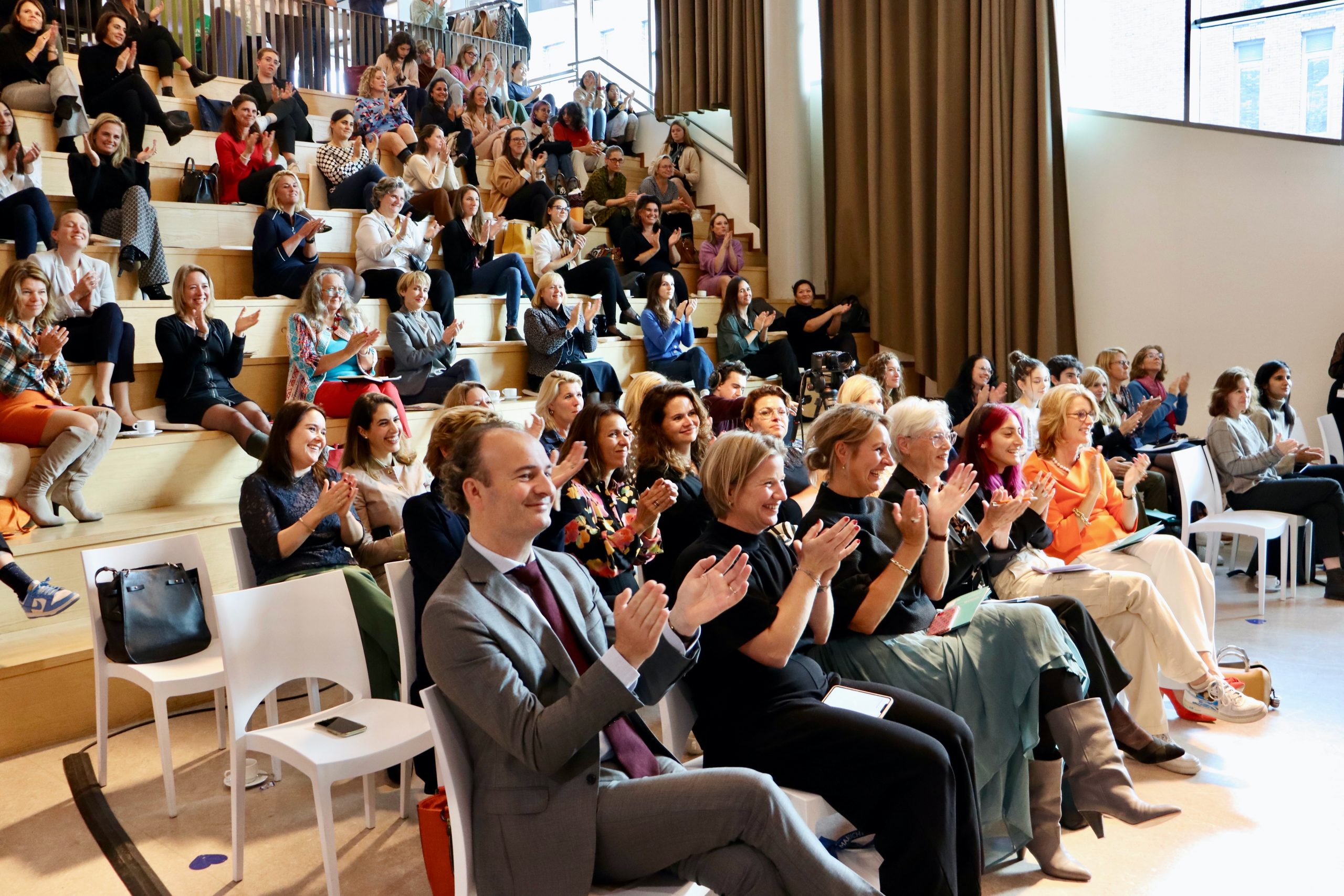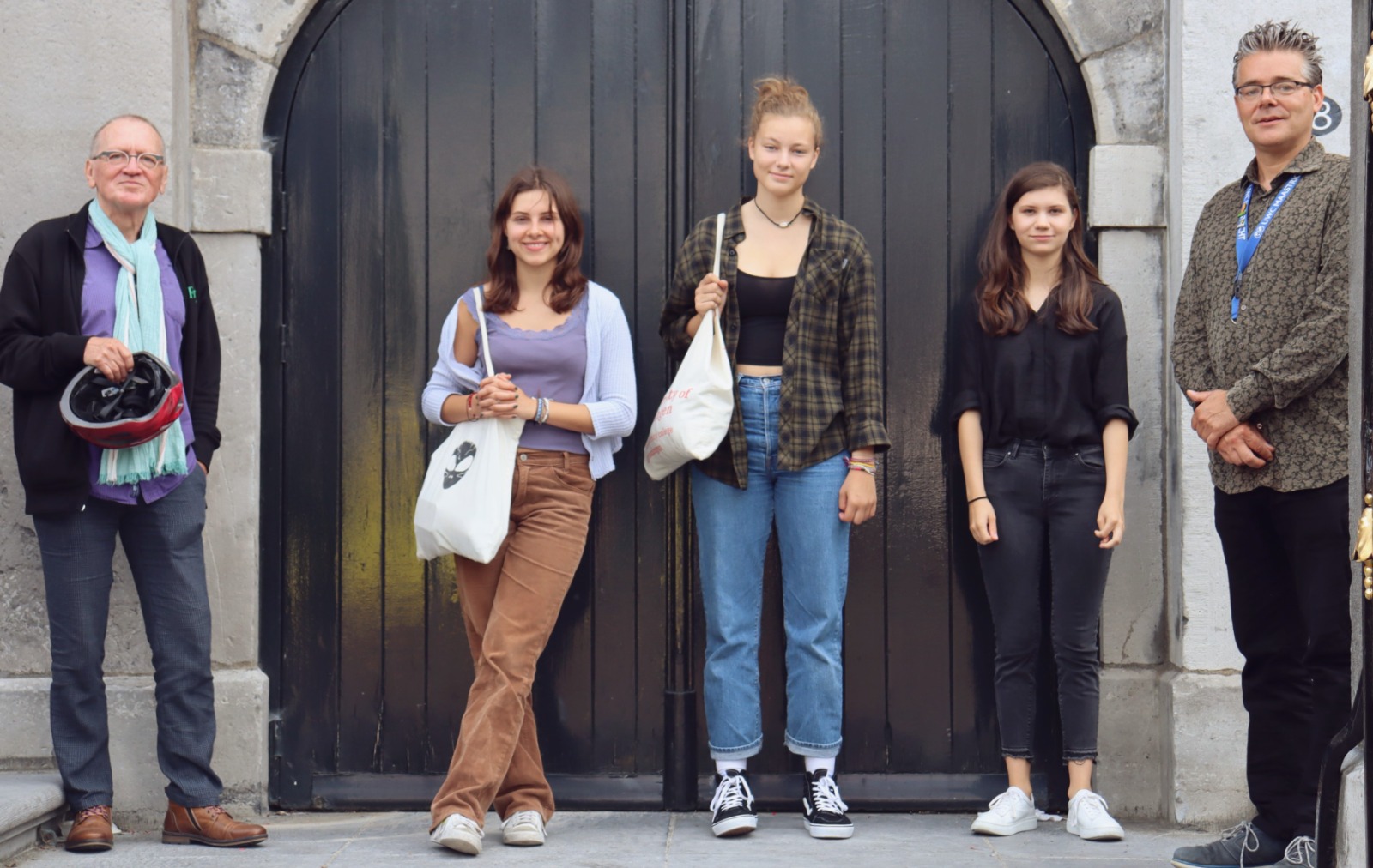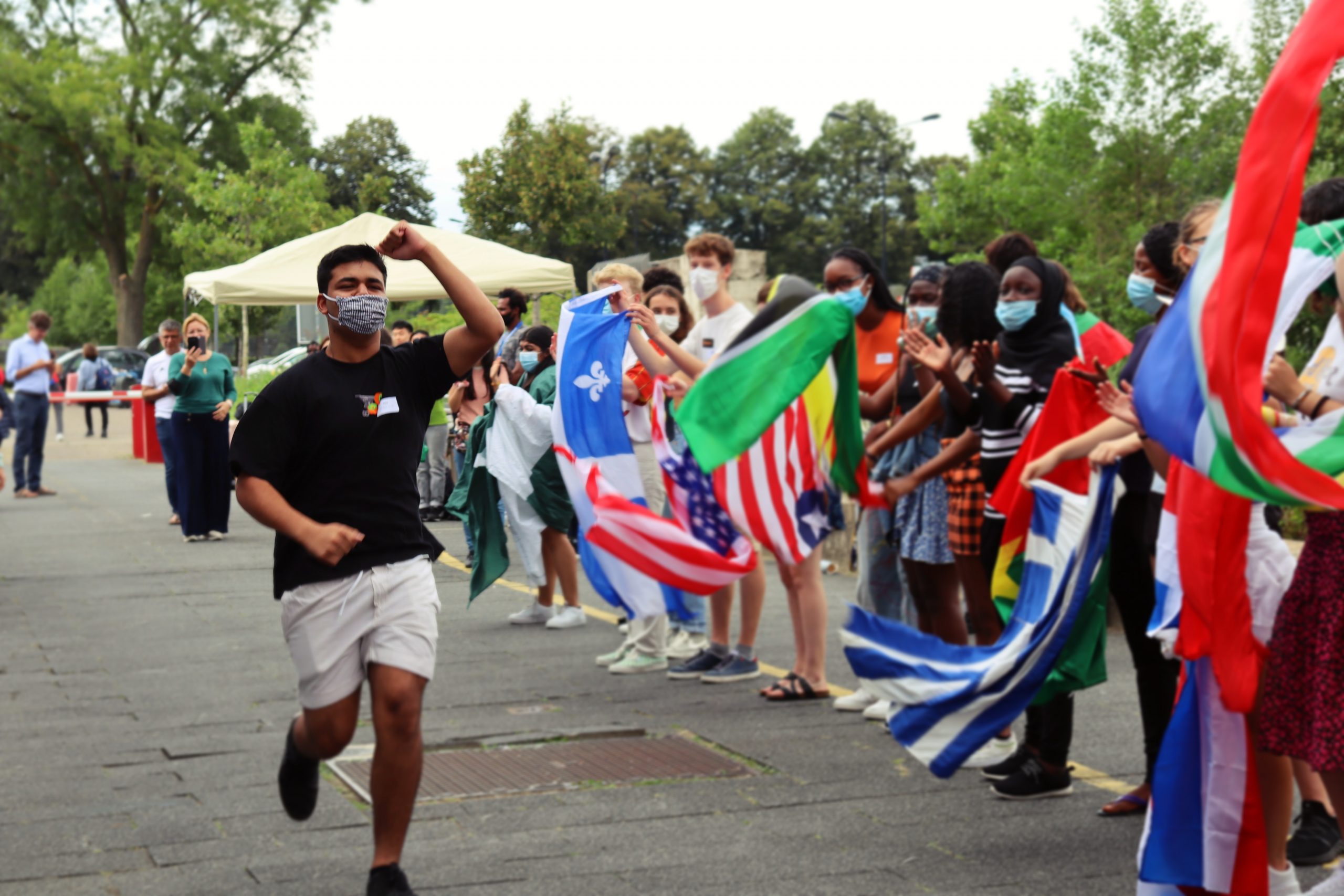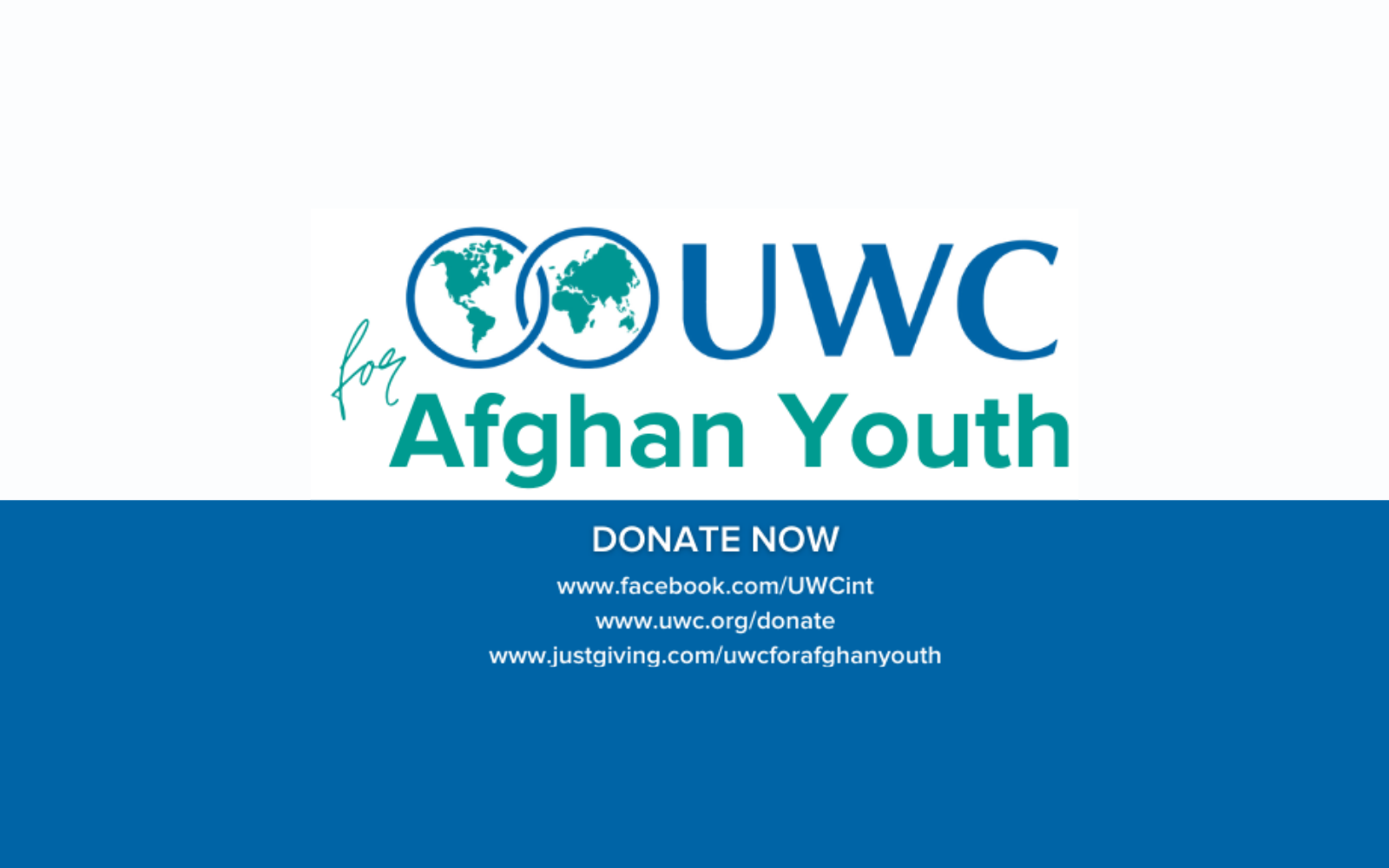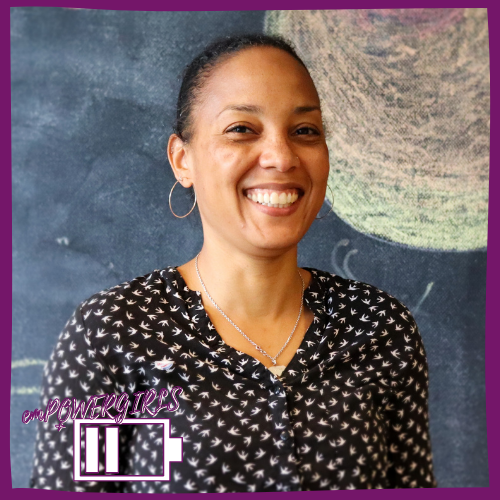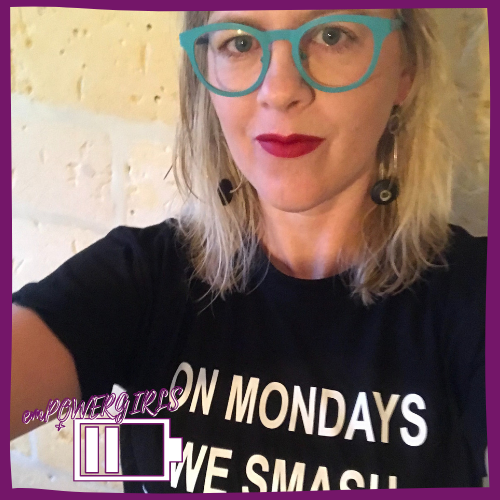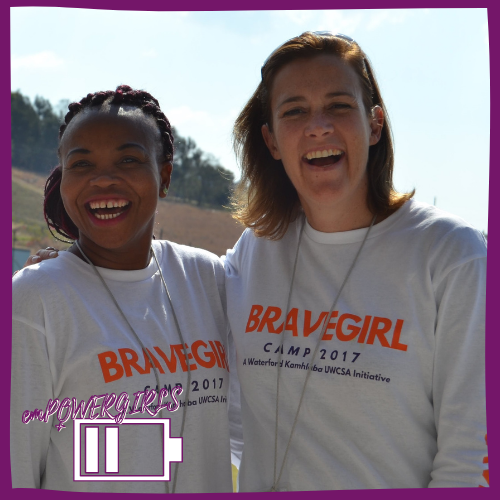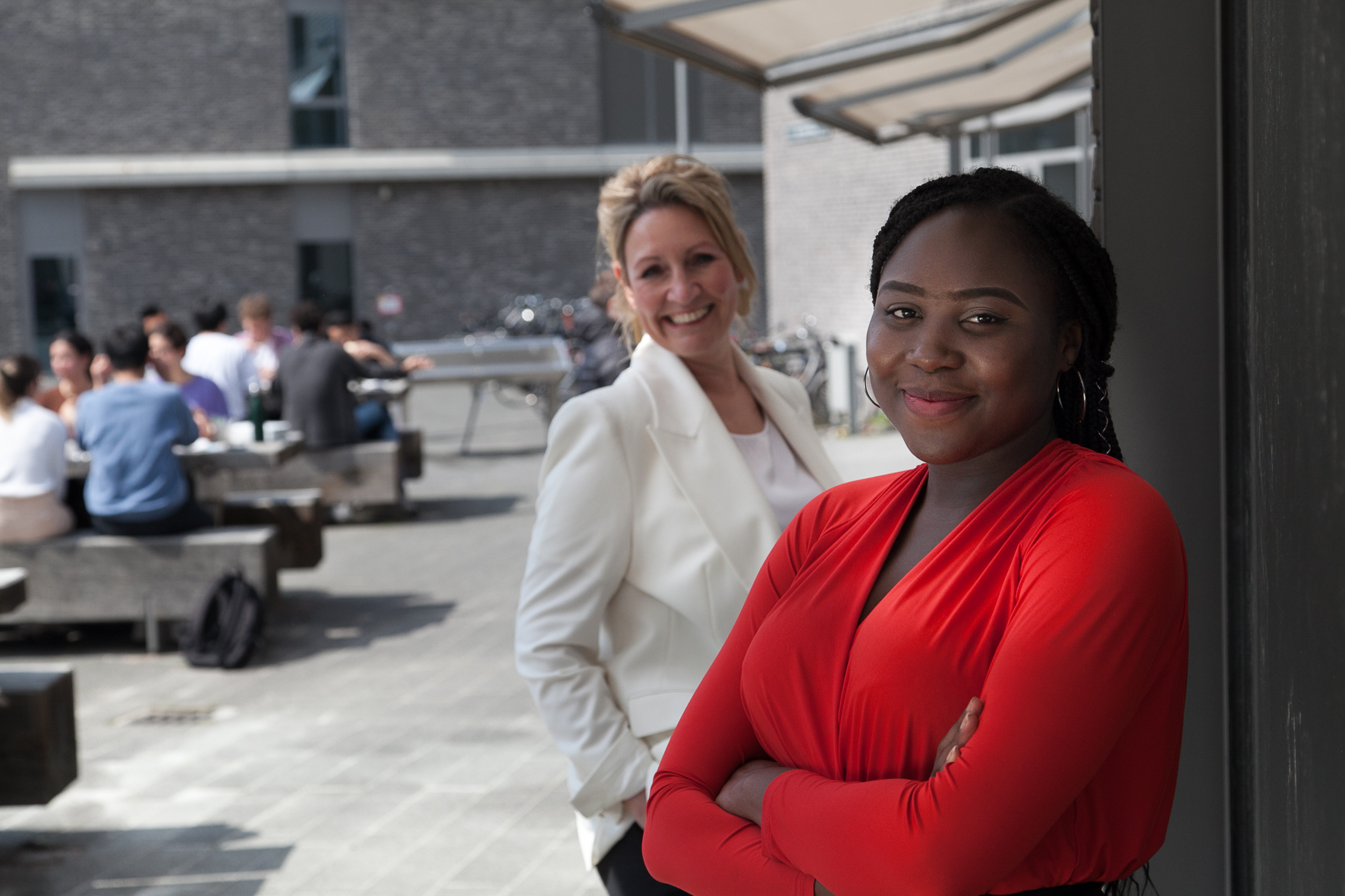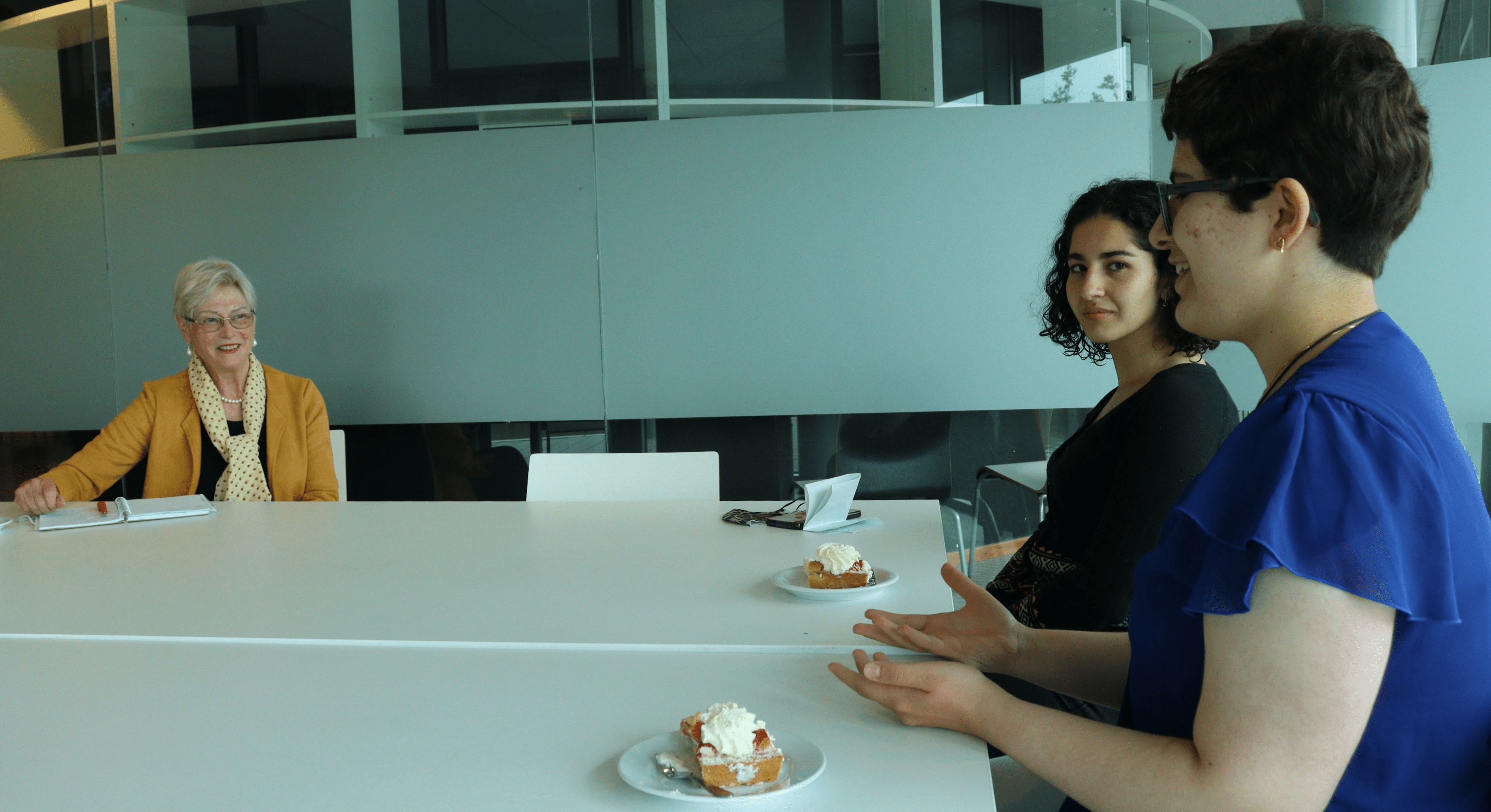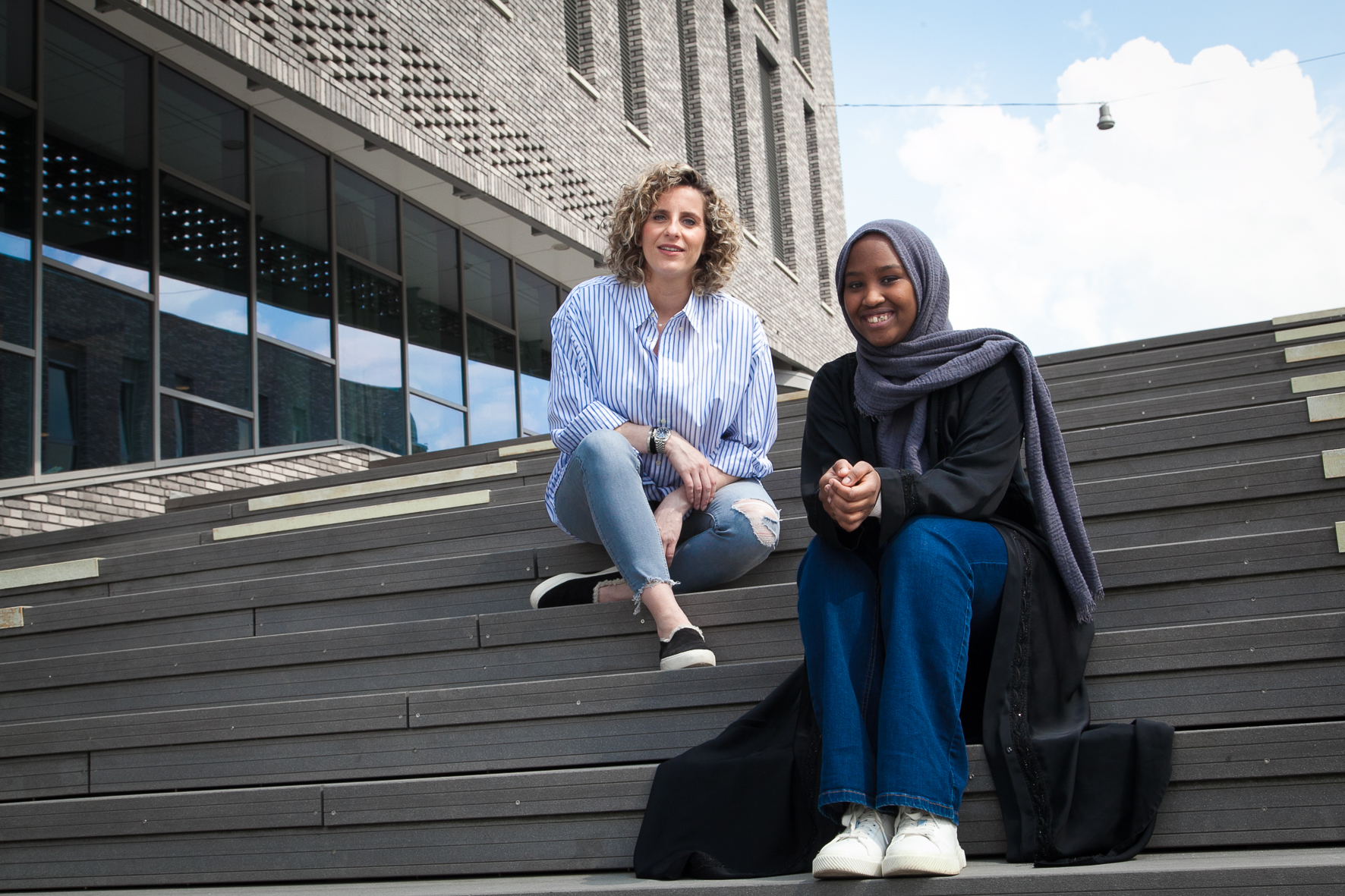In our 'emPOWERgirls Stories' we highlight the power women in UWC Maastricht's community. This week you can read about Larissa Stutterheim, who is working at UWC Maastricht as English teacher.
There is an activity I often did with my Environmental Systems and Societies class as part of our revision for exams. Over the course of two years, we had discussed so many global environmental issues, as well as the policies and initiatives to address them, and the ways in which so many of these elements were connected. I asked them to create mind maps for the different units of study focused on different global concerns. I then asked them to make connections, to indicate how different issues, like water scarcity and pollution and soil degradation and overpopulation, were connected. And then the most important question was always “Where do we begin?” The realization that so often struck so many students during this activity was that the best place to begin is with the education of girls and young women. Providing young women with education changes everything. Not only does education empower these girls to take charge of their own bodies, their future, and their communities, but it has a monumental ripple effect on the economic, environmental, and systemic well-being of their communities.
------
Another way in which I have witnessed female empowerment in education is through an ongoing student-led project at UWCM that I have been lucky enough to take part in supporting.
Why Are We Still Talking About This? is a project through which a group of our female students tell their stories on stage of their experience of being a woman. Their monologues, spoken word poetry, and skits convey stories of being objectified, overlooked, held back, taken for granted, silenced, and assaulted, but they also convey a powerful commitment to speaking up and standing tall, to questioning the status quo and rejecting stifling social stereotypes, breaking through stigma, protecting each other, and taking ownership of their life and their story. The project offers these girls the opportunity to create and claim their own truth and to empower others to do the same. It also awakens their male peers to the layers of experience that have shaped them and their worldview, offering them insight into the struggles and challenges of being a woman.
Larissa Stutterheim| UWC Maastricht, English Teacher



